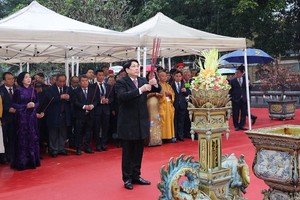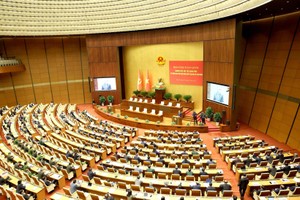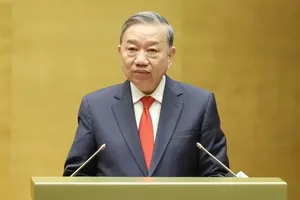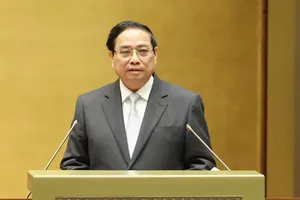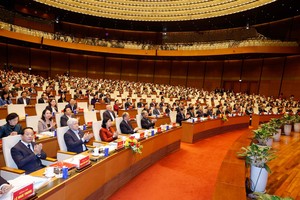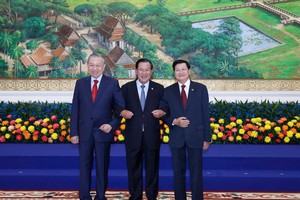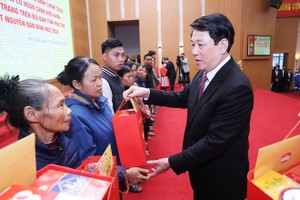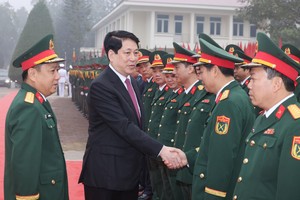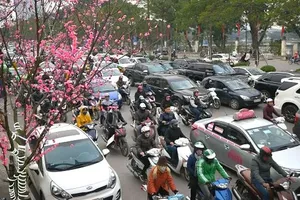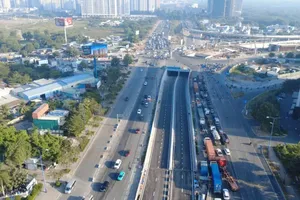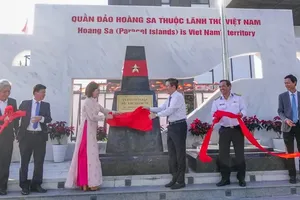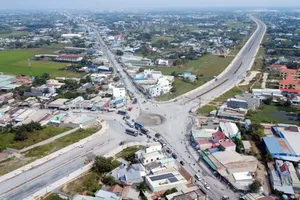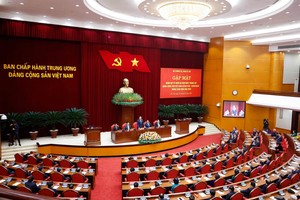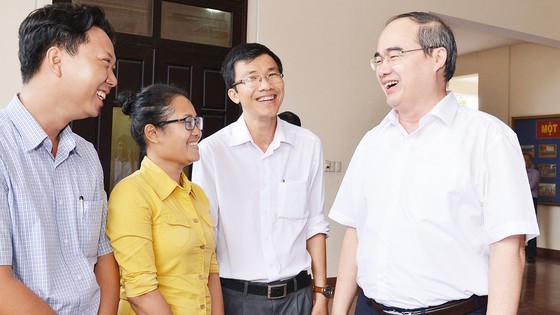
The most pressing matter should be issuing policies that clearly define talented people and subsequent benefits, he added.
According to Dr. Le Thanh Van, Standing Member of the National Assembly’s Finance and Budget Committee, Vietnamese culture mainly depends on certificates and institutional level to select people from the talent pool, instead of considering performance after giving field-specific tasks to employees.
Meanwhile, Dr. Duong Quang Tung (former Deputy Director of the Institute of State Organizational Sciences under the Ministry of Home Affairs) believed that the “talented people” needed in state agencies must be closely identified with the fields they are most competent in. They must also have excellent cognitive abilities and outstanding performance in their given tasks, make positive contributions to society, and possess good ethics and mannerism.
Therefore, Dr. Duong Quang Tung suggested that in order to highlight the importance of talent recruitment policies, talented people should be assigned more demanding positions such as leaders, managers, or advisors on planning, guidelines and policies.
Despite many localities’ preferential policies to attract high-performing personnel, results have been quite lackluster. Minister of the Ministry of Home Affairs Le Vinh Tan explained that this is due to the policies not being completely unanimous in how they are written and understood, as well as the lack of necessary resources at some localities.
On the subject of recruitment tactics, Minister Le Vinh Tan stressed that recruiting policies must be based on actual practices, and laws must be adjusted to reflect the reality of talent management.
Recently, Minister Le Vinh Tan said the Ministry of Home Affairs is focusing on perfecting a national scheme on attracting talents, aiming to create the best environment possible for employees to show their capability and forte. Such environment not only focuses on material compensation or spiritual encouragement, but also protects employees and creates a safe legal corridor for them to work in, he added.
Mr. Tan also said expressed that risks are unavoidable in any working environment. Therefore, it is important for policy makers not to let talented people be left out when facing difficulties and risks, or using such failures against them in any way.
In a seminar held in July 2019 at the Ministry of Home Affairs, Director of Da Nang’s Department of Home Affairs Vo Ngoc Dong said that many state-run industries in the area still cannot offer favorable salaries and accessible insurance policies to keep young talents engaged. Another problem is the “brain drain” from public to private sector, as mentioned by Mr. Lam Hung Tan, Deputy Director of Ho Chi Minh City Department of Home Affairs.
